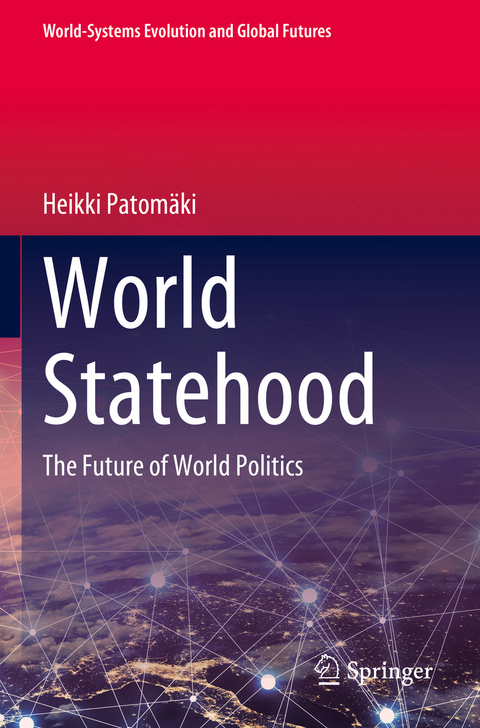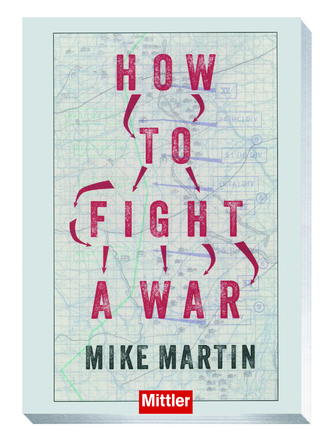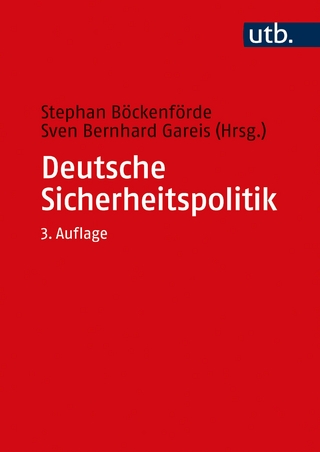
World Statehood
Springer International Publishing (Verlag)
978-3-031-32307-2 (ISBN)
Developing a processual understanding of world statehood, this book combines history, political philosophy, explanatory social science, and critical-reflexive futures studies. While doing so, it poses essential questions about world political integration, especially (i) whether and to what degree elements of world statehood exist today, (ii) whether the development of further elements of world statehood in some stronger sense can be seen as a tendential direction of history, and (iii) whether, and under what conditions, a world state could be viable?
The book is organised into three parts. The first part, "Cosmopolitical processes", explores whether world history as a whole is directed towards planetary integration, focusing on the emergence of cosmopolitanism, the world economy, and the peace problematic. The second part of the book, "Reflexive futures and agency", focuses on the contemporary 21st-century processes of world history in terms of how non-fixed pasts, changingcontexts, and anticipations of the future interact. The author explains how certain rational directionality is compatible with the possibility of deglobalisation, disintegrative tendencies, and "gridlock" in global governance in the key areas of the economy, security, and environment. In the final part of the book, "World statehood and beyond", the author develops further the processual and open-ended account of the formation of interconnected elements of world statehood by discussing the cases of a global greenhouse gas tax and world parliament. He also analyses the feasibility of different paths towards global-scale integration and the potential for conflicts, divisions, and disintegration.
This book is a must-read for students and scholars of political science, international relations, history, sociology, political philosophy, and futures studies interested in a better understanding of world statehood, world political integration, as well as the future of world politics.
Heikki Patomäki is a Professor of World Politics at the University of Helsinki, Finland. Previously, he was a Full Professor at the Nottingham Trent University, United Kingdom (1998-2003); at the RMIT University in Melbourne, Australia (2007-10); and a Visiting Professor at the Ritsumeikan University in Kyoto, Japan (2012). Additionally, he is a member of the Finnish Academy of Sciences and Letters (2018-) and a Life Member of Clare Hall at the University of Cambridge, United Kingdom. He is also a founding member of the Helsinki Centre for Global Political Economy (Helsinki-GPE) which was established in April 2020 and Vice Chair of the EuroMemo network for 2021-23.
Chapter 1. Introduction: the Future of World Politics.- Part 1: Cosmo-political Processes.- Chapter 2. Cosmological Sources of Critical Cosmopolitanism.- Chapter 3. A Creation Myth and Origin Story Suitable to Our Globalised World? A Friendly Critique of the Big History Storyline About Our Place in Cosmos.- Chapter 4. Overcoming Eurocentrism: a Universal History of the Industrial Revolution and the Peace Problematic.- Chapter 5. Problems of Democratising Global Power Relations in the 21st Century: Time, Space and the Emancipatory Process.- Part 2: Reflexive Futures and Agency.- Chapter 6. How Will the Cold War End? Non-fixed Pasts, Reflexive Futures and the Transformation of the Temporality of Human Existence.- Chapter 7. Resolving Problems and Overcoming Contradictions Through Global Law and Institutions: a Post-Deutschian Perspective.- Chapter 8. On the Dialectics of Global Governance in the 21st Century: a Polanyian Double Movement?.- Chapter 9. Transformative Agency: Towards a World Political Party.- Part 3: World Statehood and Beyond.- Chapter 10. Emergence of World Statehood: a Processual and Open-ended Account.- Chapter 11. The Transformative Potential of Climate Change: Towards a Dynamic Global Tax.- Chapter 12. Rethinking World Parliament: Beyond the Indeterminacy of International Law.- Chapter 13. After World Statehood? Legitimation and Potential Conflicts in a World Political Community.
"... Wer dieses Buch zur Hand nimmt, lernt etwas über die globale Kritik an der kopernikanischen Perspektive, über eine Universalgeschichte der industriellen Revolution, über grundlegende Paradoxien und Blockaden im Völkerrecht, über Legitimitätsfragen einer globalen politischen Partei - und vieles mehr ..." (Mathias Albert, in: Politische Vierteljahresschrift PVS, 22. November 2023)
“... Wer dieses Buch zur Hand nimmt, lernt etwas über die globale Kritik an der kopernikanischen Perspektive, über eine Universalgeschichte der industriellen Revolution, über grundlegende Paradoxien und Blockaden im Völkerrecht, über Legitimitätsfragen einer globalen politischen Partei – und vieles mehr ...” (Mathias Albert, in: Politische Vierteljahresschrift PVS, 22. November 2023)
| Erscheinungsdatum | 10.07.2024 |
|---|---|
| Reihe/Serie | World-Systems Evolution and Global Futures |
| Zusatzinfo | XII, 324 p. 7 illus., 1 illus. in color. |
| Verlagsort | Cham |
| Sprache | englisch |
| Maße | 155 x 235 mm |
| Themenwelt | Sozialwissenschaften ► Politik / Verwaltung ► Vergleichende Politikwissenschaften |
| Schlagworte | Cold War • Cosmopolitanism • Dynamic global tax • Global Climate Policy • Global Governance • global institutions • Global law • Human Existence • International conflicts • International Problematic • Reflexive futures • Transformative agency • Universal History • Violence • World Parliament • World political community • World political party |
| ISBN-10 | 3-031-32307-6 / 3031323076 |
| ISBN-13 | 978-3-031-32307-2 / 9783031323072 |
| Zustand | Neuware |
| Informationen gemäß Produktsicherheitsverordnung (GPSR) | |
| Haben Sie eine Frage zum Produkt? |
aus dem Bereich


